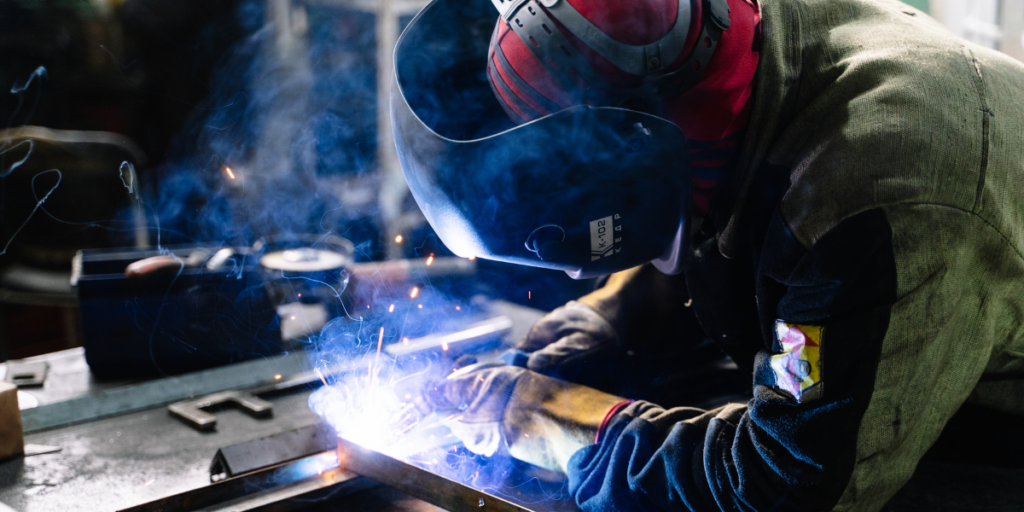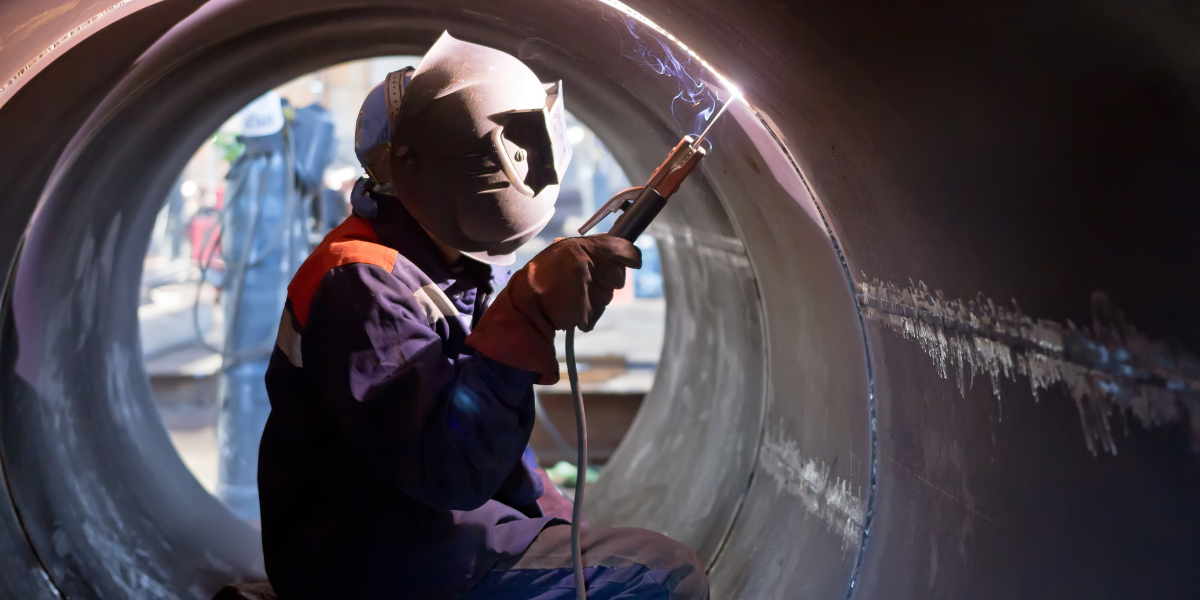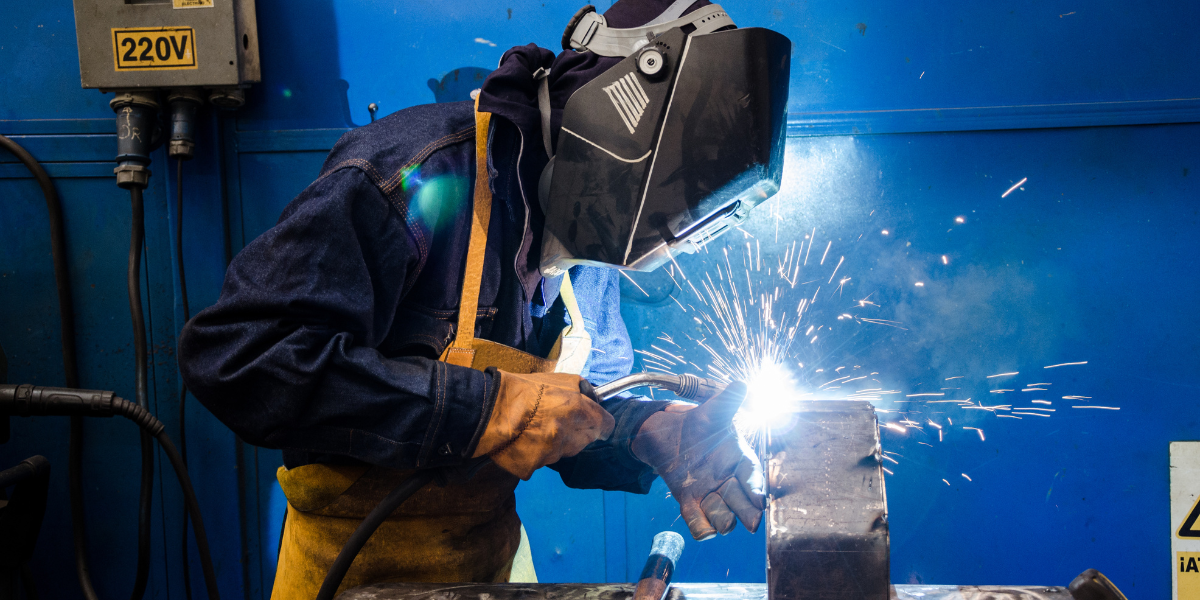Adapting Welding for Modern Needs: The Convenience and Effectiveness of Mobile Welding Services
Welding, the backbone of modern manufacturing, has evolved significantly with the advent of mobile welding services. This article provides an analytical exploration of the benefits offered by these services as compared to traditional welding methods.
Factors such as on-site convenience, operational flexibility, decreased downtime, cost-effectiveness, and superior quality are in focus.
A comprehensive understanding may aid stakeholders in making informed decisions regarding their choice between mobile and conventional welding services.
Key Takeaways
• Convenience of on-site welding
• Flexibility and versatility
• Reduced downtime
• Cost-effectiveness
Convenience of On-site Welding
On-site welding services offer unparalleled convenience by eliminating the need to transport heavy or large-scale projects to a traditional welding shop. The inherent flexibility of mobile operations allows these services to be performed at any location, optimizing workflow and reducing downtime.
Prioritized are safety measures in compliance with industry standards, ensuring risk minimization while facilitating swift repairs. This approach reduces potential damage or distortion caused by unnecessary handling during transit, preserving the integrity of the project materials.
Furthermore, this model provides cost-effectiveness by curtailing expenses related to transportation logistics and time spent on loading/unloading operations.
Conclusively, on-site welding represents a practical solution that merges both convenience and efficiency in the execution of welding tasks. Additionally, on-site welding offers numerous benefits such as cost savings, increased productivity, and the ability to work in remote or difficult-to-access locations. The flexibility of on-site welding also allows for quick adjustments and repairs, reducing downtime and improving overall project timelines. These benefits of welding make on-site welding a valuable option for various industries and construction projects.
Flexibility and Versatility
The versatility of mobile welding services, capable of catering to a broad range of welding requirements across diverse sectors, underscores its growing demand in the industry.
This adaptability extends to the complexity and variety of tasks and the geographical constraints traditionally associated with on-site welding operations.
Furthermore, mobile welding’s suitability for remote locations significantly mitigates logistical challenges, offering an efficient solution for projects outside traditional industrial zones.
Catering to Various Welding Needs
Catering to a wide range of welding needs, mobile services offer versatility that traditional methods often lack. This is made possible through specialized equipment and rigorous safety measures. Mobile welding services can quickly adapt to various scenarios while ensuring optimal results.
Among the key benefits are:
• On-site operations: Eliminates transportation issues, thus saving time and money.
• Specialized Equipment: Allows for more precise work under varying conditions.
• Safety Measures: Ensures the prevention of accidents or injuries during operation.
• Versatility: Capable of handling diverse projects, from simple repairs to complex fabrication tasks.
• Reduced downtime: Immediate response and fast completion of tasks reduce operational delays.
Suitable for Remote Locations
Remote locations, often inaccessible or impractical for traditional welding methods, are seamlessly accommodated by these on-the-go operations’ adaptability and specialized capabilities. The transportation challenges associated with such sites are mitigated due to equipment portability, a crucial feature of mobile welding services.
This versatile approach ensures the requisite machinery is transported safely and efficiently to any desired location. It also significantly negates potential delays related to equipment relocation, improving project timelines.
Furthermore, this advanced technique allows welders to overcome geographical constraints while maintaining high-quality standards in their craft. Thus, mobile welding services present an innovative solution for projects in remote areas where conventional methods may prove inadequate or unsuitable.
Reduced Downtime
The minimized service interruption is a significant advantage of mobile welding services. They can perform necessary repairs or modifications on-site without transporting materials or equipment, thus reducing downtime. This elimination of transportation logistics mitigates downtime impacts and enables rapid repairs, ensuring business operations suffer minimal disruption.
• Immediate Response: Service providers often dispatch mobile welders promptly upon request, minimizing delay.
• Rapid Repairs: On-site professionals can diagnose and fix issues quickly due to their proximity.
• Reduced Downtime Impacts: Immediate intervention significantly decreases potential operational disruptions.
• Cost-Efficient Solution: Mobile welding eliminates transportation costs for heavy machinery or structures.
This efficiency is particularly beneficial in industries where equipment availability directly affects production rates and revenues. Therefore, reduced downtime presents a compelling reason for choosing mobile welding services.
Cost-Effectiveness
Regarding financial implications, utilizing on-site professionals for welding tasks can lead to substantial savings by eliminating transportation expenses associated with moving heavy machinery or structures. This aspect leads to a considerable advantage in price comparisons between traditional and mobile welding services.
Savings analysis often demonstrates that the costs tied to the mobilization of these large items far exceed the expense of bringing skilled professionals to the site. Furthermore, reducing logistical challenges mitigates potential damage risks during transit, saving additional unforeseen expenditures.
Therefore, cost-effectiveness is not only measured in direct transportation savings but also through indirect factors such as risk mitigation and reduced downtime. Hence, mobile welding services are financially viable for businesses requiring regular or extensive welding operations.
High-Quality Services
High-quality work outcomes, often associated with on-site professional activity, can be attributed to this approach’s focused and undistracted nature to task completion. This is especially evident in mobile welding services offering distinct advantages such as reliability and quality assurance.
The following aspects highlight these benefits:
• Service Reliability: Mobile welding services provide dependable solutions for emergency repairs or maintenance.
• Quality Assurance: Skilled welders ensure adherence to industry standards, resulting in superior craft.
• Consistency: Combining a controlled environment and skilled professionals ensures a consistent high-level output.
Frequently Asked Questions
Are mobile welding services suitable for large-scale industrial projects?”
Mobile welding services, due to their flexibility and equipment accessibility, can significantly enhance project efficiency in large-scale industrial projects. Their application circumvents traditional limitations, promoting streamlined operations even with considerable work volume.
What safety precautions are taken by mobile welding service providers?”
Mobile welding service providers implement stringent safety measures, including regular equipment maintenance and rigorous emergency protocols. This ensures safe operations while mitigating potential hazards inherent to on-site welding activities.
How does the quality of work mobile welders provide compare to traditional welding shops?”
Contrasting traditional welding shops, mobile welders deliver equal quality through equipment versatility and comprehensive service scope. This efficiency stems from technological advancements, enabling comprehensive services without compromising craft or material integrity.
Do mobile welding services offer any environmental benefits over traditional welding?”
Through green initiatives, mobile welding services can reduce carbon footprint by eliminating the transportation of materials to traditional welding shops, thereby decreasing fuel consumption and associated greenhouse gas emissions.
What type of training and certifications do mobile welders typically possess?”
Mobile welders typically undergo rigorous training in equipment usage, safety protocols, and welding techniques. They often hold certifications from recognized institutions, enhancing their career prospects in the demanding field of mobile welding services.



